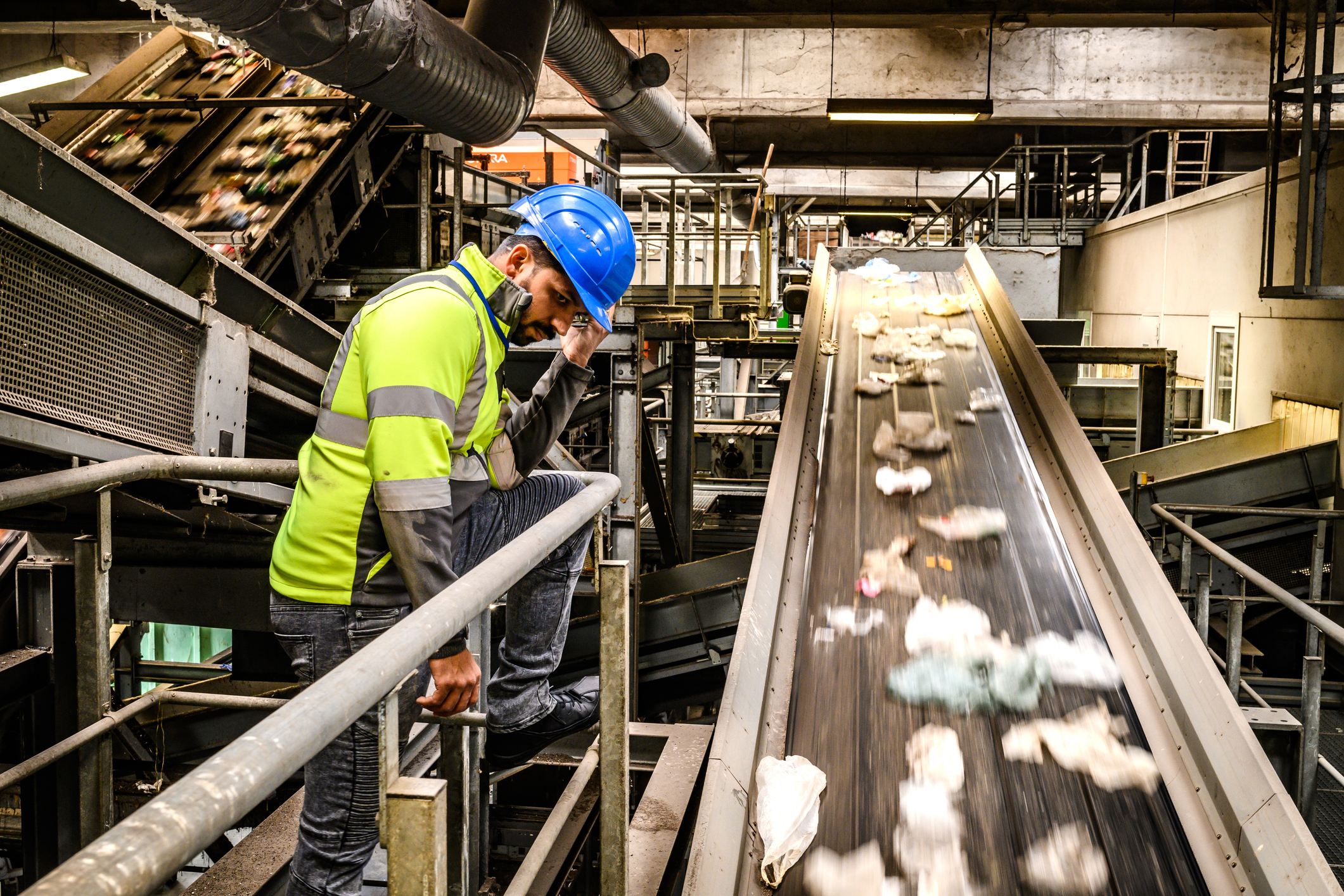Cox’s Bazar Launches Its First Plastic Recycling Plant to Tackle Mounting Waste

According to an official report from the United Nations Office for Project Services (UNOPS), the first-ever municipal plastic recycling plant in Cox’s Bazar has officially begun operations, marking a significant milestone in Bangladesh’s journey toward sustainable waste management. The facility aims to convert single-use plastic waste into reusable resources, setting a benchmark for circular economy practices in coastal regions.
Located in Mithaichori of Ramu Upazila, the plant was developed under the Plastic-Free Rivers and Seas for South Asia (PLEASE) project, led by BRAC with support from UNOPS and the World Bank. It can process up to 200 kilograms of plastic waste per hour within its 5,280-square-foot compound.
The facility focuses on transforming discarded packaging materials, polypropylene, and thin polythene films—waste types often considered non-recyclable—into recycled plastic lumber, sheets, and pellets. These materials are then used to manufacture durable, eco-friendly products such as benches, sofas, and structural pillars.
Equipped with an Effluent Treatment Plant, solar power generation system, fire safety installations, and 24-hour surveillance, the facility ensures environmentally safe and uninterrupted operations. The initiative is also expected to generate new employment opportunities—particularly for women and local waste collectors—while reducing plastic pollution in canals, wetlands, and coastal areas.
“This initiative represents a unique example of sustainable waste management,” said Mohammad Navid Shafiullah, Additional Secretary of the Ministry of Environment, Forest and Climate Change. He emphasized that the project not only advances environmental protection but also empowers women and strengthens local livelihoods.
Maysson Sallam, Technical Advisor for Medical Waste at UNOPS, highlighted that the plant stands as a model for how public–private partnerships can transform environmental challenges into opportunities for innovation and impact.
Environmental surveys indicate that Cox’s Bazar—one of Bangladesh’s most visited tourist destinations and home to a large displaced Rohingya population—generates approximately 34 tonnes of plastic waste daily, much of it single-use plastics with little or no recycling value. This new facility directly addresses that challenge by offering a scalable model that other municipalities in Bangladesh could replicate.
Industry observers note that the initiative aligns closely with the government’s National Action Plan for Plastic Management (2021–2030), which targets a 30% reduction in overall plastic waste by 2030. The project also reflects Bangladesh’s broader shift toward sustainable production and consumption, backed by international development partners.
Integrating modern recycling technologies with renewable energy and strong community participation, the plant ensures low emissions, efficient waste treatment, and reliable operation powered partly by solar energy. Officials expect the Cox’s Bazar facility to serve as a blueprint for similar projects nationwide, reinforcing Bangladesh’s transition toward a plastic-pollution-free future.
Source: UNOPS
SUNSHINE Spotlight: Cox’s Bazar’s first recycling plant turns plastic waste into valuable materials—creating jobs, protecting coasts, and driving a greener Bangladesh.






